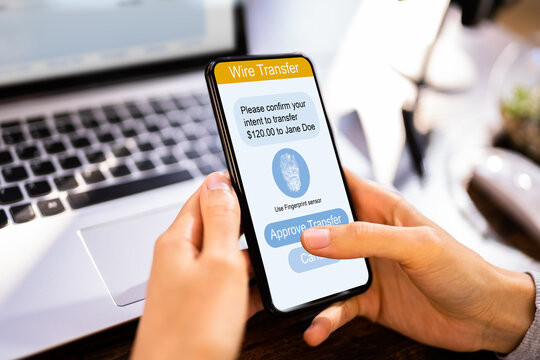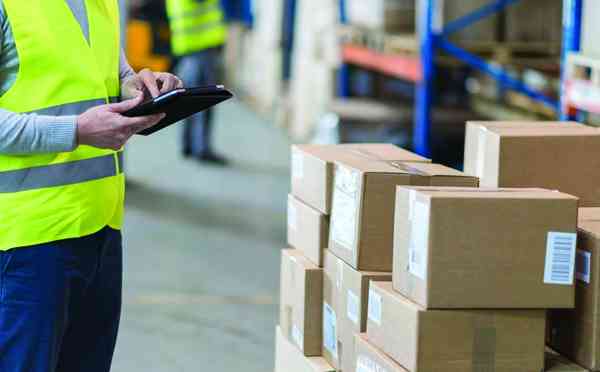
ONLINE money transfer has become an important part of everyday life in Zimbabwe and across the globe.
Digital money transfer services not only support millions of businesses, but also help keep families and friends connected in the country and across borders.
Many Zimbabweans live and work in the diaspora, according to the Zimbabwe National Statistics Agency (ZimStat).
A significant number of them use digital money transfer services to send money back home for different reasons, including education and medical costs, gifts and supporting daily household expenses.
The rising popularity of digital money transfer provides many benefits for customers, including faster speeds, lower costs, and enhanced security.
Hackers and scammers are, however, always looking for new ways to breach systems and illegally obtain money or information. Digital money remittance firms invest significantly in their users’ security and safety to manage this threat.
Users also have an active role to play in safeguarding their safety and security when sending or receiving money online.
What is the use of a strong password if someone can access your account without entering it? Some people have a habit of saving their login credentials on the browser and apps for fast transactions.
- Thousands flee economic mess
- Disband RBZ: Hanke
- 40 000 enumerators threaten legal action
- Zimbos don't want to burden SA's health system
Keep Reading
Although the experience might be fast, it puts users at significant risk if the phone or laptop gets into the wrong hands.
If forgetting the password is a concern, examine the additional security features you can use to prevent unauthorised access to your devices and apps, including answering security questions, entering patterns, using biometrics, or enabling two-step verification.
Additionally, changing passwords regularly will support a safer digital ecosystem.
Familiarise yourself with the official communication channels. It is not uncommon for scammers purporting to be a tech support team member of a service you regularly use to get in touch with you.
In some cases, they might inform you that there is something wrong with your recent transactions or account and ask for information to resolve the issue.
They typically apply pressure to make the user comply with their wishes.
To avoid becoming a target of such scams, do not provide sensitive data such as your password, date of birth and other personal information to suspicious people, who contact you using unauthorised channels.
Avoid clicking on unfamiliar links or responding to strangers on the phone or via email. Familiarise yourself with the official communication channels of your service providers and avoid communicating through unofficial lines.
Report suspected cases of contact through unauthorised channels immediately to your service providers’ official contact email.
Make sure you are using a licensed provider Only use reputable and licensed payment providers. Go online to the relevant financial industry regulator website to determine if a payment provider you want to use is licensed.
For example, WorldRemit, one of the popular digital money transfer services enabling migrants to send cash back home, is a fully licensed international money transfer service. The benefit of using a licensed and trusted provider is that you get safety and customer support. WorldRemit has a dedicated 24/7 customer support team, meaning you can get help or questions answered worldwide.
Overall, verifying the safety and security of an online money transfer is critical to protecting your personal information, preventing fraud and scams, ensuring the transfer is legitimate, and protecting your funds.
Pietersen is the director, Anglophone Africa at WorldRemit.











